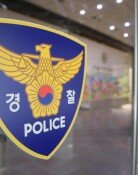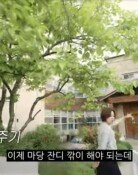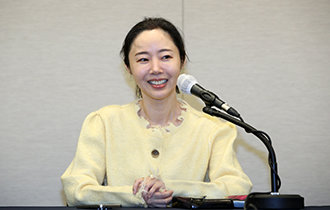Ruling party`s shift on N.Korea policy
Ruling party`s shift on N.Korea policy
Posted January. 31, 2012 04:13,
The ruling Grand National Party has shown a commitment to delete signs of President Lee Myung-bak from its policy doctrine, and intent to lead the party to the tune of Park Geun-hye, chairwoman of the party emergency council. The term advancement symbolizing President Lee has been replaced by a Park-style welfare model that pursues a virtuous cycle of growth and welfare. The party made it clear that it will overcome its orientation toward a small government that guarantees market self-regulation, and instead boldly intervene in the event of market failure. The party thus has declared its intent to redirect its policy doctrine, which constitutes its constitution, toward a left-leaning ideology.
On its North Korea and reunification policy, the party has stealthily removed the term reform from its conventional doctrine, which read, It will make efforts to support and promote North Koreas reform and opening. The words reform and opening, which was first advocated by the late Chinese leader Deng Xiaoping, are used as a set. Deng took bold action to open China through institutional reform to introduce market economy under the socialist regime, and thus spearheaded economic development of modern China. The former Soviet Union and Vietnam have also demonstrated that opening without reform cannot be successful. While North Korea is agonizing over reform and opening in a desperate bid to survive, is South Korea`s ruling party splitting reform and opening, two inseparable elements, citing the possibility that the terms "could provoke North Korea?
As the basic principle of its North Korea policy, the partys new policy doctrine entails a framework of seeking peaceful reunification of the two Koreas based on free democracy and market economics. Yet it deleted the sentence, The party will make efforts to transform North Korea into a free democratic regime. In turn, it has replaced this phrase with The party will proactively provide support to North Korea to enable the country to participate in the international community as a responsible member. The party might need to use both a stick and carrot in dealing with the North, but the principle of freedom, democracy and peaceful reunification as set forth by the South Korean Constitution are values that should never be compromised.
From the early days of discussions over the partys policy doctrine, the ruling party`s emergency council under Park showed its shaky ground given its temporary removal of the term conservatism and rapid restoration of it in the face of negative public opinion. After an intense dispute, the provision on efforts to improve the human rights situation in the North has been retained in the doctrine, but now seeks to focus on helping North Koreans maintain a humane life rather than seeking to change the communist regime in the North.
The ruling partys emergency council appears to have lost its orientation and be only crippling and swayed within the framework as set by the opposition parties. Park has repeatedly demanded a "flexible North Korea policy based on principle, but this is not the image of a party that has lost its goals and gets swayed by external forces. The public will never vote for the party if it discards freedom and democracy and the essential values of conservatism as a means to copy opposition parties.







